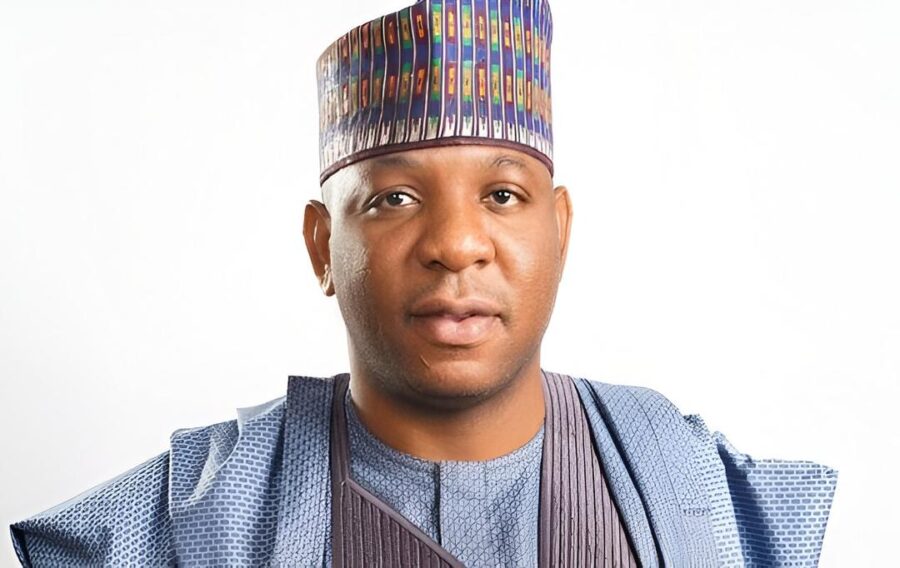Nigeria’s steel industry has received a significant boost, with over $500 million in foreign direct investment (FDI) recorded over the past 20 months, according to the Minister of Steel Development, Prince Abubakar Audu.
The minister made the announcement on Thursday during a media briefing in Abuja ahead of the maiden National Steel Summit, scheduled for July 16–17. The event, themed “Rebuilding and Consolidating Nigeria’s Steel Industry: Collaborative Action for Sustainable Growth and Global Competitiveness,” is expected to convene key industry stakeholders to chart a new course for the sector.
Speaking at the briefing, Audu attributed the recent inflow of investments to the federal government’s industrial policies under President Bola Tinubu’s administration.
“In line with the Renewed Hope Agenda of Mr President, more than $500 million has been injected into the steel and metals sector within the last 20 months,” he stated. “This level of commitment is unprecedented and signals growing international confidence in Nigeria’s industrialisation plans.”

Among the major investments cited by the minister is a $400 million steel production facility currently being developed by Stellar Steel Company Limited, part of the Inner Galaxy Group. The plant will focus on the manufacture of hot rolled coils and steel plates.
Additionally, a new $100 million galvanising plant with a 50,000-tonne annual capacity has been commissioned by Orbit Fabrication and Galvanising Works Limited, a subsidiary of the African Industries Group.
The minister also provided an update on the long-delayed Ajaokuta Steel Plant, saying plans are underway for a partial commencement of operations before the end of the current administration’s term.
“Before this administration completes its first term, we are optimistic that at least one section of the Ajaokuta Steel Plant will become operational,” Audu noted.
He emphasized that beyond attracting capital, the government is focused on developing a self-sustaining steel industry by leveraging Nigeria’s natural resources and building out the local value chain. He further assured that the ministry is working to introduce a robust regulatory structure to ensure quality assurance, prevent structural failures in construction, and enhance Nigeria’s competitiveness in the global market.
The upcoming steel summit is expected to serve as a platform for private investors, policymakers, and international partners to exchange ideas, identify challenges, and develop a strategic framework for growth.
“The Summit will evaluate the current landscape, explore new investment prospects, and address policy and infrastructure gaps,” the minister said. “It’s an opportunity to build consensus and unlock the steel sector’s potential as a key driver of national development.”
Audu invited stakeholders across the sector to participate, promising opportunities for business networking, investment deals, and collaborative initiatives.
“This is not just about speeches,” he added. “It’s about decisive and coordinated steps to re-establish Nigeria as a major player in the global steel economy.”




